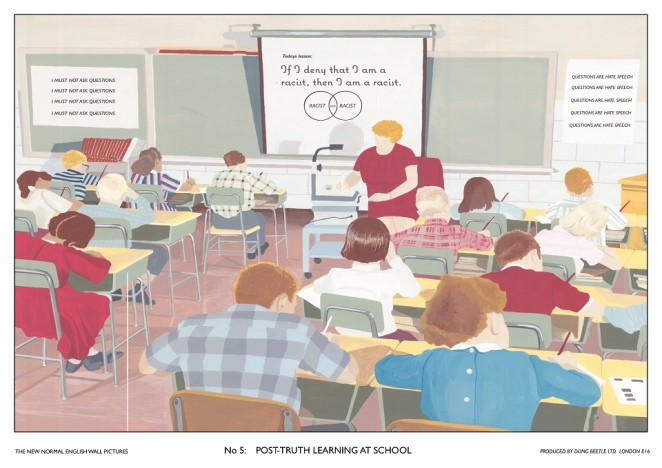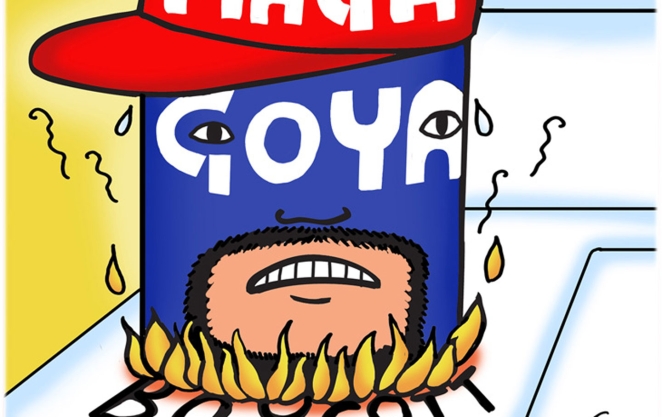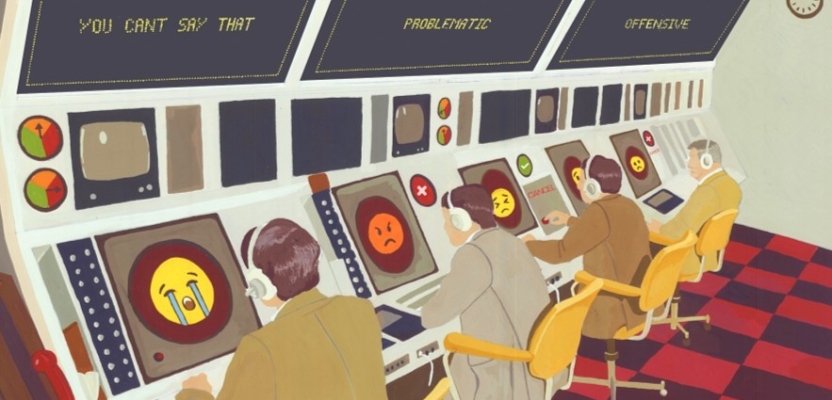Ah, cancel culture—a term that undoubtedly evokes spectacular eye rolls, heated debates down the pub, and, for some, a quiet nod of understanding. It’s a modern phenomenon that’s already been satirised to death but while the actual phrase might only be a few years old, the concept of widescale public cancellation has been with us for much longer. Indeed, its roots dig deep into the annals of social behaviour and public accountability.
Ancient Roots: Public Shaming and Exile
Long before hashtags and Twitter (sorry, “X”) threads, ancient societies practiced their own forms of "cancellation." BC Civilizations often used public shaming and exile as tools to enforce societal norms. Think back to the Greeks and their practice of ostracism, where citizens could vote to exile someone deemed a threat to the state for ten years. The Romans were no less dramatic, with their penchant for “damnatio memoriae”—erasing all traces of a person's existence from public records if they fell out of favour.
The Middle Ages: The Church and Social Ostracism
The Middle Ages saw the church wielding considerable power, with excommunication serving as the ultimate cancelation. To be excommunicated was to be cut off from the community, a fate that often led to social and economic ruin. This period underscores how cancellation, in various forms, has always been about power dynamics and maintaining societal order.
The Enlightenment: Public Opinion Takes Centre Stage

Rebecca Philp
With the Enlightenment came a burgeoning public sphere, where salons and pamphlets became hotbeds for debate. Public opinion started to carry weight, and writers and thinkers could find themselves "cancelled" by the literate elite for their controversial ideas. Voltaire, with his sharp wit, often found himself at odds with the authorities, reflecting the era's tension between free expression and societal norms.
The 20th Century: McCarthyism and Hollywood Blacklists
Fast forward to the 20th century, and we encounter one of the most notorious episodes of cancel culture: McCarthyism. During the Red Scare, suspected communists were blacklisted, effectively ending careers and lives. Hollywood was a particular battleground, with actors, writers, and directors being "cancelled" for their alleged political beliefs. The House Un-American Activities Committee (HUAC) hearings were a grim reminder of how fear and ideology can drive cancelation.
The Digital Age: Social Media and the Democratization of Cancel Culture
Enter the digital age, where social media platforms have democratized the power to cancel. Now, anyone with a smartphone can call out perceived injustices, rallying public opinion with a viral tweet or post. The term "cancel culture" itself gained traction in the 2010s, symbolizing the shift towards digital accountability.
Brands That Got Cancelled
In the digital age, cancel culture has increasingly impacted various brands, leading to significant changes in their marketing, branding, and public perception.
Heineken – In 2018, Heineken released an advertisement for their light beer with the tagline "lighter is better," which was widely criticized as racist. The ad depicted a beer sliding past several darker-skinned individuals before stopping in front of a lighter-skinned person. The backlash led to the company pulling the ad and issuing an apology.

M&M’s – Mars Wrigley, the parent company of M&M's, faced backlash after making changes to the appearance and personalities of their iconic “spokescandies” to be more inclusive and relatable. The modifications, which included updating the green M&M’s shoes and introducing a new character, were criticized by some consumers as unnecessary and overly politically correct, showing how even well-intentioned changes can backfire in the realm of cancel culture.
Hasbro – Hasbro made headlines in 2021 by announcing that Mr. Potato Head would be rebranded as simply "Potato Head" to be more inclusive and eliminate gender-specific language. This decision aimed to reflect broader social changes and promote inclusivity, although it sparked considerable debate and backlash from various consumer groups
Goya Foods – Goya Foods became a controversial brand in 2020 after its CEO Robert Unanue expressed support for President Donald Trump. This led to a widespread call for a boycott, with hashtags like #BoycottGoya and #Goyaway trending on social media. The political stance taken by the company's leadership resulted in a significant consumer backlash and polarized opinions about the brand. With a second Trump term seemingly on the cards, it’ll be interesting to see how many other brands are affected by similar situations in the coming years.

Aunt Jemima – In 2020, amid the Black Lives Matter movement, Quaker Oats decided to rebrand Aunt Jemima due to its racist origins. The brand, which had been criticized for perpetuating stereotypes, was renamed Pearl Milling Company. This change was part of a broader effort to address racial insensitivity in branding and marketing.
The Future: Towards a More Nuanced Understanding?
Today's cancel culture is a contentious topic. Advocates argue that it provides a platform for marginalized voices and holds powerful individuals and institutions accountable. Critics, on the other hand, see it as a form of censorship that stifles free speech and debate. The nuances of these debates reflect broader societal questions about justice, power, and the role of public opinion.
As we look to the future, it's clear that cancel culture is not going away. However, there is a growing call for more nuanced approaches. Some suggest a shift towards "call-out culture," where individuals are held accountable in a way that fosters dialogue and growth rather than outright ostracization. This evolution could see a balance between accountability and forgiveness, recognizing the complexity of human behaviour.
Whether it evolves into a more balanced form of accountability or remains a polarizing force, however, one thing is certain: cancel culture will continue to shape our societal landscape in profound ways. Whether we like it or not.





